Our Sessions
Our sessions have been written, developed and piloted alongside educators and Headteachers to ensure that the content is age-appropriate, engaging and relevant for young people, and that it fits with RSE & PSHE principles and guidelines. Each session is delivered by one of our trained educators, who are confident and experienced in delivering engaging, informative and thought-provoking sessions about the issues surrounding sex and p0rn.
NT sessions can be presented in the following ways:
Classroom-based sessions
Assembly-style presentations to whole year groups
Live-streamed “virtual” sessions
As the RSE guidelines and PSHE Association’s Programme of Study sets out learning at different key stages, the issues that NT address can be seen as part of a broader programme of learning on keeping safe and building healthy relationships.
Available Sessions:
Click on the title to see RSE & PHSE guidelines and appropriate key stages for each lesson.
-
KEYSTAGE : KS4 & KS5 (Y9 - Y13)
AIM: To give pupils an overview of the issue of p0rnography around the questions:
‘Is it good for me?’ - This section explores scientific evidence showing that p0rn use can lead to addiction and other physical & mental health issues.
‘What’s in this?’ - How do the messages & accepted behaviours found in p0rn impact and influence pupils’ understanding of body image, consent, and healthy relationships.
How did this get made? - This section unpacks the social justice issues related to some of the documented exploitation, coercion and abuse within the p0rn industry.
RSE Guidelines:
Online & Media
What to do and how to get support to report material or manage issues online
The impact of viewing harmful content
That specifically explicit sexual material (e.g. p0rnography) presents a distorted picture of sexual behaviours, can damage the way people see themselves in relation to others and negatively affect how they behave towards sexual partners
Being Safe
The concepts of and laws relating to sexual consent, sexual exploitation, abuse, grooming, coercion, harassment, and rape
Internet Safety & Harms
Similarities and differences between the online world and the physical world, including the impact of unhealthy or obsessive comparison with others online, for example unrealistic expectations for body image
The benefits of rationing time spent online, the risks of excessive time spent on electronic devices and the impact of positive and negative content on the their own and others’ mental and physical wellbeing
How to consider the effect of their online actions on others
How to be a discerning consumer of information online
Where to report concerns and get support with issues online
Drugs & Alcohol
The physical and psychological consequences of addiction
-
KEYSTAGE: KS3 (Y7 - Y9)
AIM:
To equip young people to recognise the potential dangers of sharing information online with a focus on sexting.
RSE Guidelines:
Respectful Relationships
Practical steps they can take in a range of contexts to improve or support respectful relationships
That they can expect to be treated with respect by others, and in turn they should show respect to others
What constitutes sexual harassment and why that is always unacceptable
That everyone is unique and equal
Online & Media
The same expectations of behaviour apply in all contexts, including online
Online risks, including that any material someone provides online has the opportunity to be shared online and the difficulty of removing compromising material placed online
Not to provide material to others they would not want shared further and not to share personal material that is sent to them
What to do and how to get support to report material or manage issues online
Intimate Sexual Relationships
That there are a range of strategies for identifying and managing sexual pressure, including understanding peer pressure, resisting pressure, and not pressurising others
-
KEYSTAGES: KS3 (Y8 - Y10)
AIM:
Students will be equipped to identify unhelpful messaging present in a variety of media types, critique those messages, and recognise potential harmful consequences if those messages are adopted into real-life relationships. Pupils also have the opportunity to consider and express their own '#relationshipgoals’.
RSE Guidelines:
Respectful Relationships
The characteristics of positive and healthy relationships in all contexts, including online
How stereotypes can cause damage, including how they might normalise non-consensual behaviour or encourage prejudice
Online & Media
The same expectations of behaviour apply in all contexts, including online
Online risks, for example that not everyone online is who they say they are
The impact of viewing harmful content
That specifically explicit sexual material (e.g. pornography) presents a distorted picture of sexual behaviours, can damage the way people see themselves in relation to others and negatively affect how they behave towards sexual partners
Intimate Sexual Relationships
How to recognise the characteristics and positive aspects of healthy, one-to-one intimate relationships
Internet Safety & Harms
For most people, the internet is an integral part of life and has many benefits
That the internet can also be a negative place and can have a negative impact on mental health
Similarities and differences between the online world and the physical world, for example, unrealistic expectations for body image
The benefits of rationing time spent online, the risks of excessive time spent on electronic devices and the impact of positive and negative content on their own and others’ mental and physical wellbeing
How to be a discerning consumer of information online
